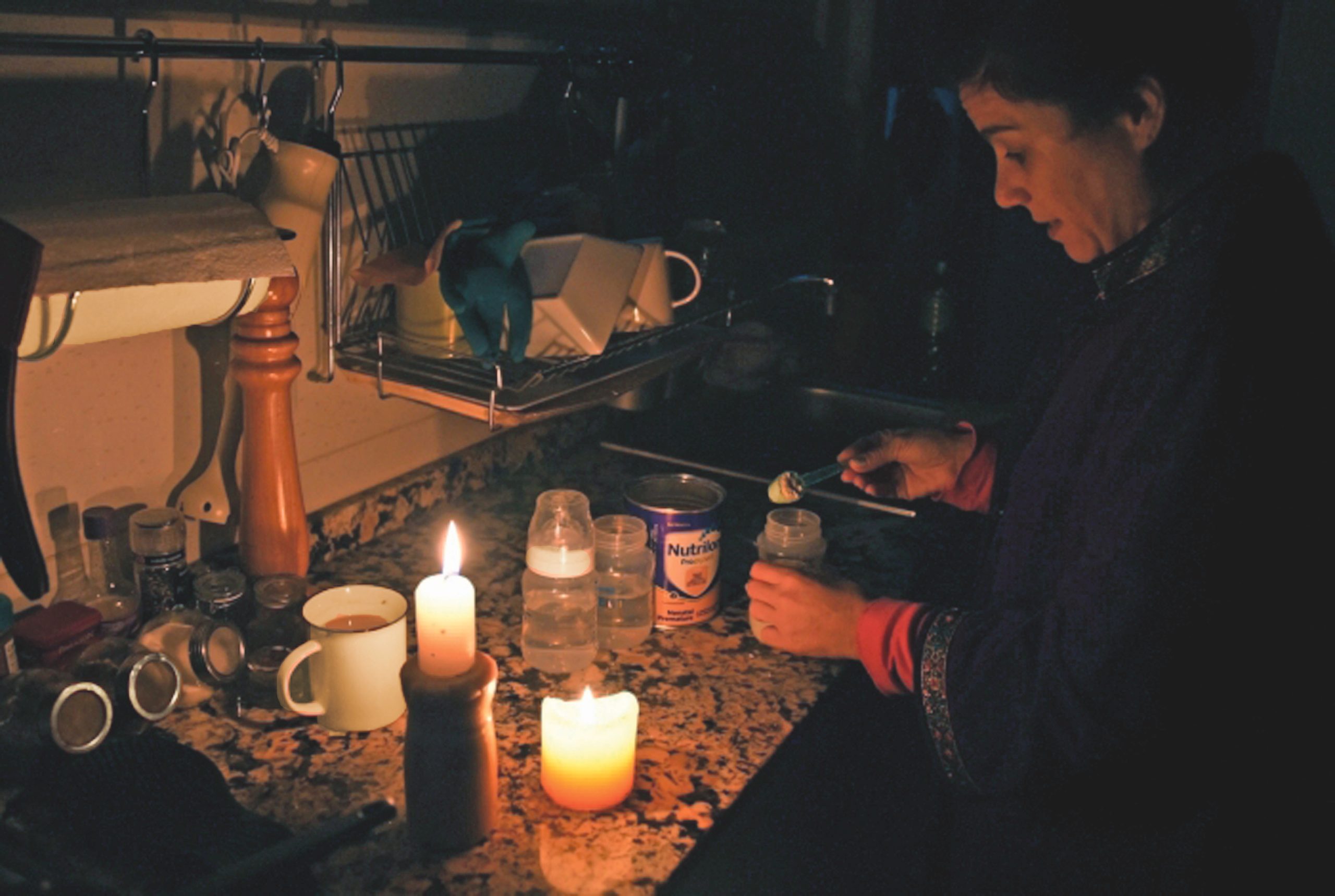Live without electricity. Lessons from a dark country

The blackout of the last April 28 left Portugal “dark” for several hours. But what really happens when electricity fails? From houses to hospitals, going through commerce and mobile networks, the impact is immediate – and an alert on our energy dependence. Environment Minister Maria da Graça Carvalho admitted that « no one can say that we will not live a blackout. »
If something was clear is that just about everything in our homes depends on electricity. Cooking, bathing, keeping food refrigerated, loading mobile phones and computers: overnight, several families had to adapt to living in a world without light.
Lessons to take from the blackout (and how to prepare)
Turn off the electrical appliances One of the first recommendations in case of blackout is to turn off sensitive devices such as TVs, computers, routers, microwaves and chargers, as well as electrodomers with electrical resistance (stoves, heaters, irons). The goal is to avoid damage or electric overloads when electricity returns. On the other hand, leaving a light presence lit, like a lamp, can help you realize when electricity returns.
Use safe lighting (such as flashlights) On April 28, when he started dusk, many people resorted to candles to circumvent the lack of lighting. To avoid risk of fire, it is preferable to use lanterns or lights led to batteries or rechargeable. The use of candles should only be resorted only and always in stable places, far from curtains, papers or flammable furniture. To make it easier to always have a fixed place in the house to store lanterns and reserve piles.
Avoid opening the fridge or freezer Without refrigerator, some families began to do account to the injury. Full frozers, especially in homes with children or the elderly, were a source of anxiety: how long until food spoiled themselves? Each time the refrigerator or freezer is opened, it is lost cold and the foods are more susceptible to deteriorate. A closed freezer can keep the temperature for about 24 to 48 hours.
Use batteries to stay informed Without access to televisions or mobile phone network, the radio was ‘salvation’ for thousands of Portuguese who longed for information about what was going on. Between rumors of a Russian attack and the beginning of a nuclear war, having a stack or radio device in the car was crucial to listening to the authorities and emergency services and avoiding the misinformation that was already circulating through social networks. One of the lessons to withdraw is to try to avoid alarmism and not share messages or videos not confirmed by official authorities or media.
Prepare for any lack of water In some buildings, water is pumped by electrical systems. During the blackout, several locations ran out of water as the supply depends on electricity for production, treatment and distribution. If the blackout is extended, there may be flaws. According to a recent news from the sunrise, if there is another blackout, many municipalities in Portugal may no longer have water in four, six or 12 hours. Only a few municipalities have enough reserves to maintain water supply for a maximum of three days.
To circumvent the problem, it is recommended to fill bottles and containers with water as soon as the energy failure is detected and use the water in moderation.
Do not use generators indoors The demand for generators has increased on blackout, but it is important to remember that generators should not be used indoors for safety reasons. Carbon monoxide is a colorless and odorless gas, which can accumulate in closed environments and cause silent poisoning.
On the other hand, generators were essential to keeping in operation essential sectors such as hospitals and supermarkets.
Special care for children, the elderly and dependent people To maintain the comfort and safety of the most vulnerable, it is essential to calmly explain the situation in order to avoid panic.
In the case of the elderly, check that there are refrigerated medications (such as insulin) and transfer to an ice thermal box if necessary. It is also important to have lighting and heating/cooling alternatives for the elderly or sick.
A 77 -year -old woman who was ventilated at home in Cacém died during the blackout after the fan, which was bound to the electric current, was left without battery. Thousands of people do the same treatment at home as this elderly and the devices have an estimated autonomy of eight hours. Although the tragedy is still being investigated, in similar cases it is recommended to call as soon as possible for emergency services-cautioning possible delays in response-and always have a reserve battery.
Emergency kit Something that has already been recommended by the European Union is the preparation of an emergency kit with a set of basic items if light, network or water is missing. This kit should contain drinking water (at least 3 liters a day per person), non -perishable foods (preserves, energy bars, crackers, dried fruits, rice, pasta, etc.); Essential medicines and first aid material; Lantern and spare batteries; PowerBank and porters; Portable radio (preferably batteries or crank); copies of important documents; cash; Hot clothes and change clothes; Personal hygiene products; Swiss knife, lighter, matches, candles; Emergency contacts noted: and something to spend time, like playing cards.
Keep calm if you get stuck in an elevator Dozens of elevators stopped during a blackout and there were those who were trapped hours inside. Although it is easy to panic and the first instinct is wanting to open the doors, it is important not to try to force the operation of elevators or automatic systems. Instead, it is recommended to trigger the alarm and wait for support calmly-emergency systems have autonomous batteries.




:format(jpeg):fill(f8f8f8,true)/s3/static.nrc.nl/wp-content/uploads/2019/07/fritshome.png)

